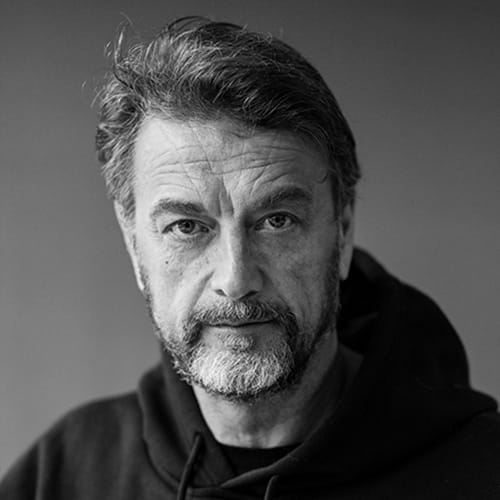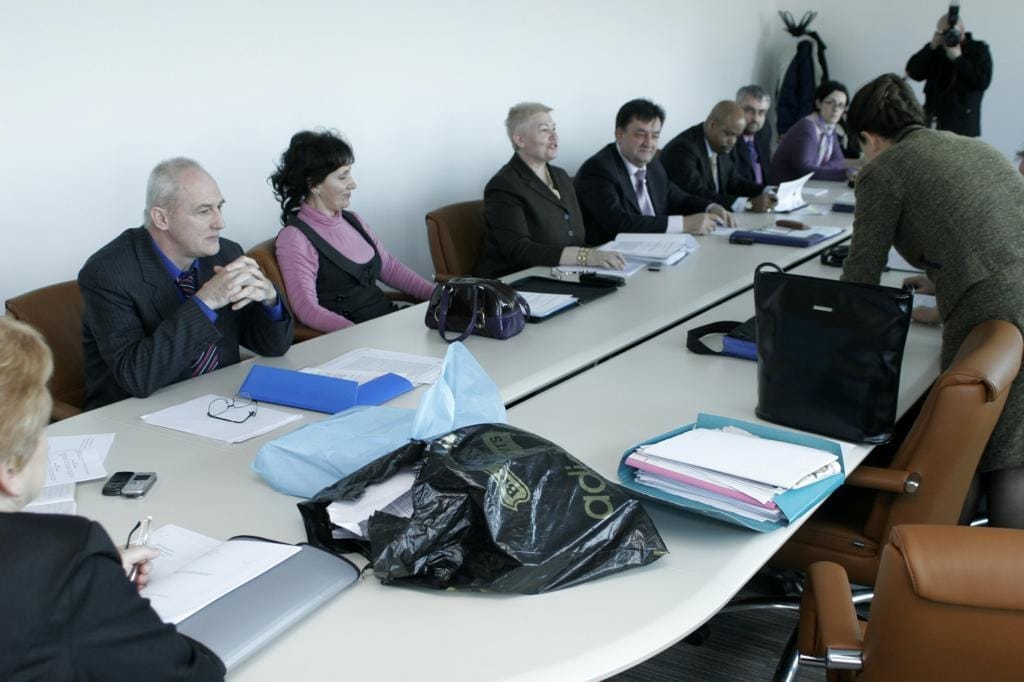Bosnia and Herzegovina’s 52 government institutions created more than 900 commissions from the year 2006 through 2008, spending at least 3 million KM just to pay the members of those panels. And that figure comes from incomplete data.
Calculations by the Center for Investigative Reporting in Sarajevo (CIN) indicate that commissions were often set up when authorities wanted to launch a pet project or to shift responsibility for a difficult political issue from the ministerial offices to an ‘expert group’ given the task of settling it.
The commissions were often formed without strict deadlines to get the job done, with remuneration set at the outset regardless of the commission’s results. It was common for commissions to convene during working hours, and yet members were paid both fees for their commission activities and salaries from the agencies that employed them.
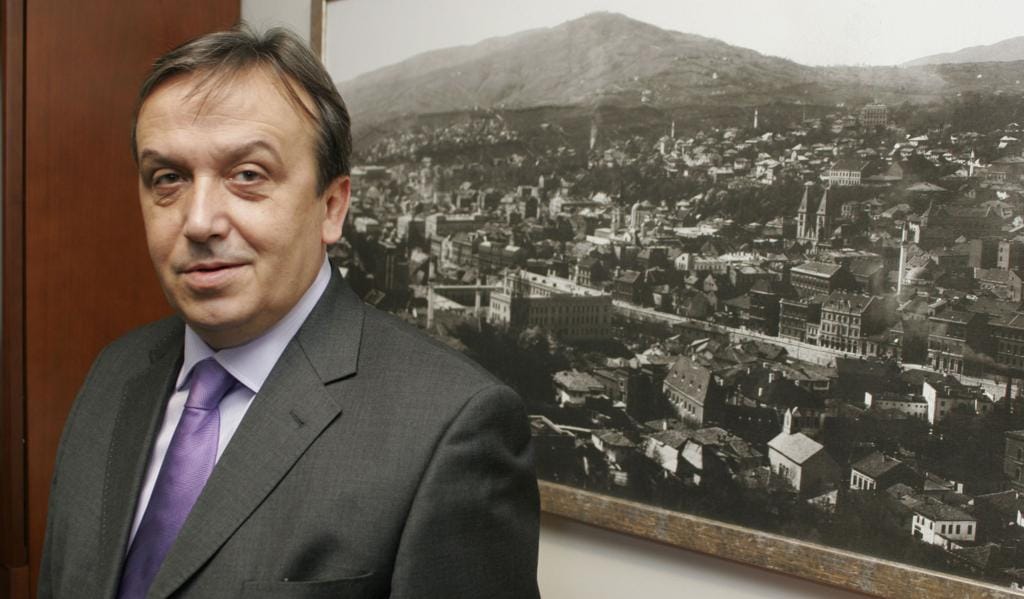
A prime example of shifting responsibility came in May 2006, when the BiH Council of Ministers, led then by Prime Minister Adnan Terzić, was pressured by Republika Srpska (RS) members of parliament to establish a truth commission on war casualties in Sarajevo, a long-contentious issue.
The commission operated for less than six months, did no research and cost the state 230,000 KM.
The BiH Council of Ministers took steps in September 2007 to limit its spending on commissions, but before that it commonly established a number of high budget commissions with little or no results. The files show numerous examples.
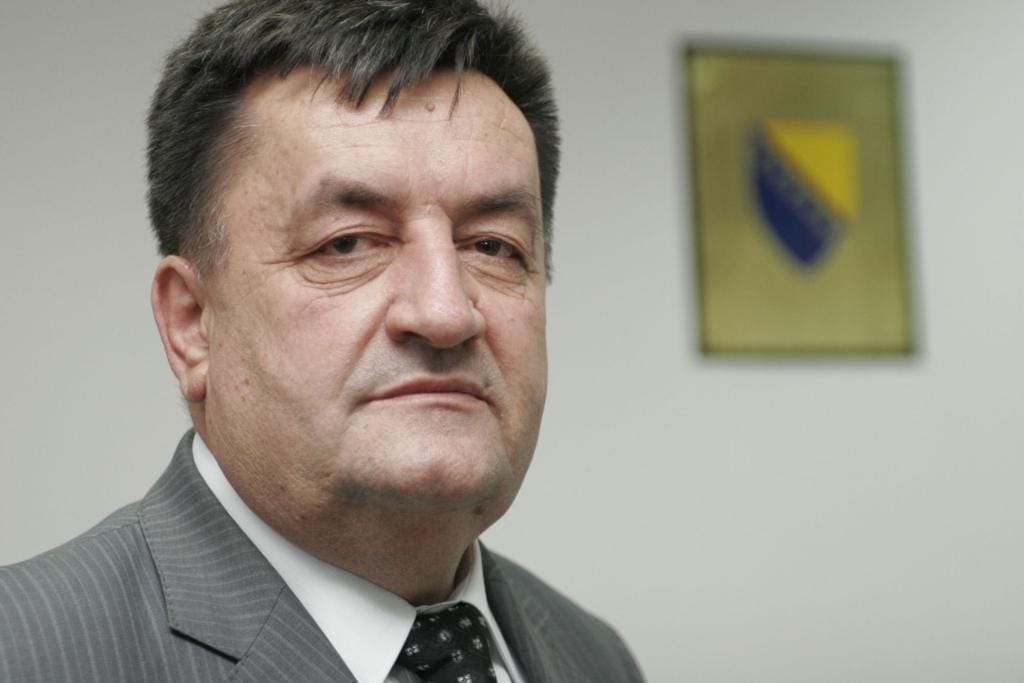
The BiH State Property Commission was established at the end of 2004 with the primary mission of drafting a bill on the disposition of state property. More than four years later, the temporary commission still has not completed its task. Spending included, in 2006, 102,000 KM for its 18 commission members and experts.
Then there is the Commission for the Coordination of Youth Issues, which has operated for more than three years. The 18-member group is well behind in drafting its main white paper titled Youth Policy from 2008 to 2013. The delay is being justified by – among other things – the fact that they had not prepared documents or bylaws when the commission first began meeting. The youth commission was set up in 2006 and it was to complete its work two years later.
Commission members, according to a November 2007 report by the BiH ministry of finance, got monthly reimbursements not constrained by any specific activities.
In 2008, the members – eight from the state government agencies and 10 from youth non-governmental organizations – received no fees because the state changed its rules on commissions. But in 2006 and 2007, the commission cost the state 309,000 KM, mostly in commissioners’ fees―400 KM a month for its president, 350 KM a month for each of two vice presidents, and 300 KM a month for each other commissioner.
Political Adventurism
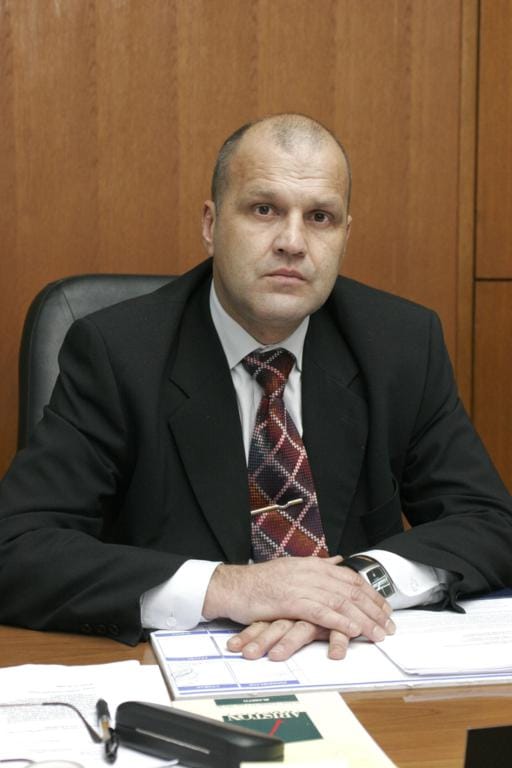
Another appointed body, The Commission on Truth on the Suffering of Serbs, Croats, Bosniaks, Jews and Others in Sarajevo between 1992 and 1995, never untangled the maze of contradictory opinions on sufferings in Sarajevo during the war.
Terzić, the former prime minister, said that the Truth Commission was an exercise in political adventurism and was set up not to do any work.
The commission met until Dec. 15, 2006, when it submitted a half-year report to the Council of Ministers, whose members did not issue an opinion on it. One member said that they did not receive fees after January 2007 when the government of Prime Minister Nikola Špirić, who had pressed for the establishment of the commission as a member of the BiH Parliamentary Assembly, took power. His government ended the commission that summer.
Terzić said politicians from the RS called for the commission’s creation, but lost interest in its work when they realized it was not going to restrict its activities to Serb victims. The official version of the current BiH Council of Ministers is that the commission was shut down because it had not finished its assignment and because it had never sent a final report as required.
Working hard for their money?
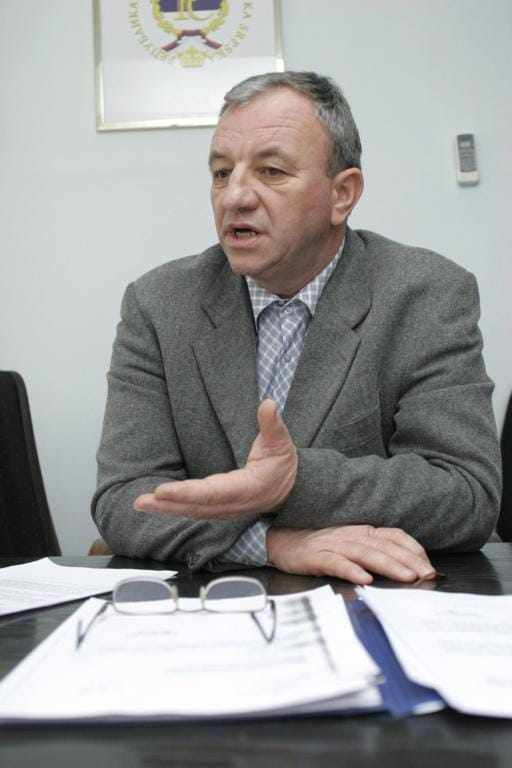
The official version does not address the money spent on it. Nine of the 10 members each pocketed 1,920 KM a month or 11,520 KM over the half year; the other member said he was paid less. That 11,520 KM, six months of part-time work in 2006 to each of the nine commissioners, would pay 20 average monthly salaries in BiH, salaries which averaged 586 KM in 2006. The commission’s meetings often took place during work hours.
Terzić said he could not remember why commission members were granted such generous reimbursements.
Ivica Marinović, an assistant to the minister of Labor and Welfare of the Federation of BiH (FBiH), was the first chairman of that commission and an official of the BiH Ministry for Human Rights and Refugees. He said the commission fulfilled its role, because it set out a research project that could have led to an investigation of the issue.
General Cvjetko Savić, who succeeded Marinović as head of the commission, said the BiH Council of Ministers did not extend the commission’s work because it could not agree whether it should lead an inquiry into human casualties and material damage – as requested by Bosniak and Croat members – or human casualties only, as requested by Serb members.
Terzić, who dismissed that commission as political adventurism, championed the Commission for the State Property. It was created after the government’s failed attempt to resolve the issue and the problem of state property was left to a commission. The commission brought together legal experts to establish criteria for classifying real government property in BiH and to draft a bill on property distribution. But Muharem Cero, a former commissioner, and Zvonimir Kutleša, the commission’s new chairman, said distribution of state property is a political issue, not a legal one, so the commission spent years in fruitless exercises.
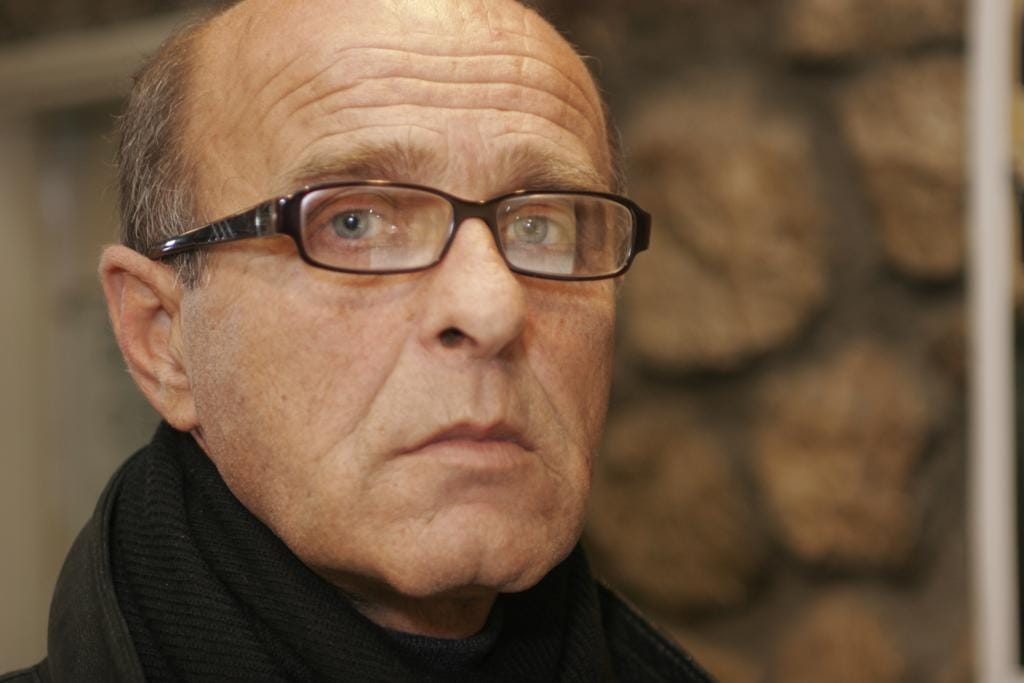
But the first panel, headed by Džemaludin Mutapčić – who would not agree to talk with CIN reporters – left many cases unsolved. Those cases were turned over in 2007 to a commission of new members, who have not been paid in the past year and a half. Nevertheless, the new team has agreed on criteria, divided property and resolved dozens of cases.
Ranko Šakota, BiH deputy minister of finance, said the Council of Ministers stopped paying fees ‘in order to avoid the case of the earlier commission in the previous mandate which had worked for a long time without producing any result.’
The new chairman, Kutleša, said of his predecessors: ‘No act was proposed, no exemptions of property were discussed. There were hundreds of requests and they decided on one or two. That means―nothing.’ However, his commission has still not drafted a law.
Terzić said he had no problem justifying the thousands of KM paid to commissioners because they had helped draft legislation. He said he was pleased with most commissions.
The Youth Commission
One commission established during his tenure as prime minister was the Commission for the Coordination of Youth Issues. It spent 124,000 KM of taxpayer money in 2006 and nearly 185,000 a year later. The prime minister said he could not recall its expenses from 2006 but remained convinced that it didn’t receive more than 100,000 KM. He said he thought the commission had done its work, but couldn’t recall specific results.
His opinion is not shared by representatives of individual youth associations or of those active now or in the past in youth movements.
One of those interviewed, Miralem Huremović, a member of the coordination team of the Youth Association of Kalesija municipality, said he thinks that the commission has not benefitted youth organizations.
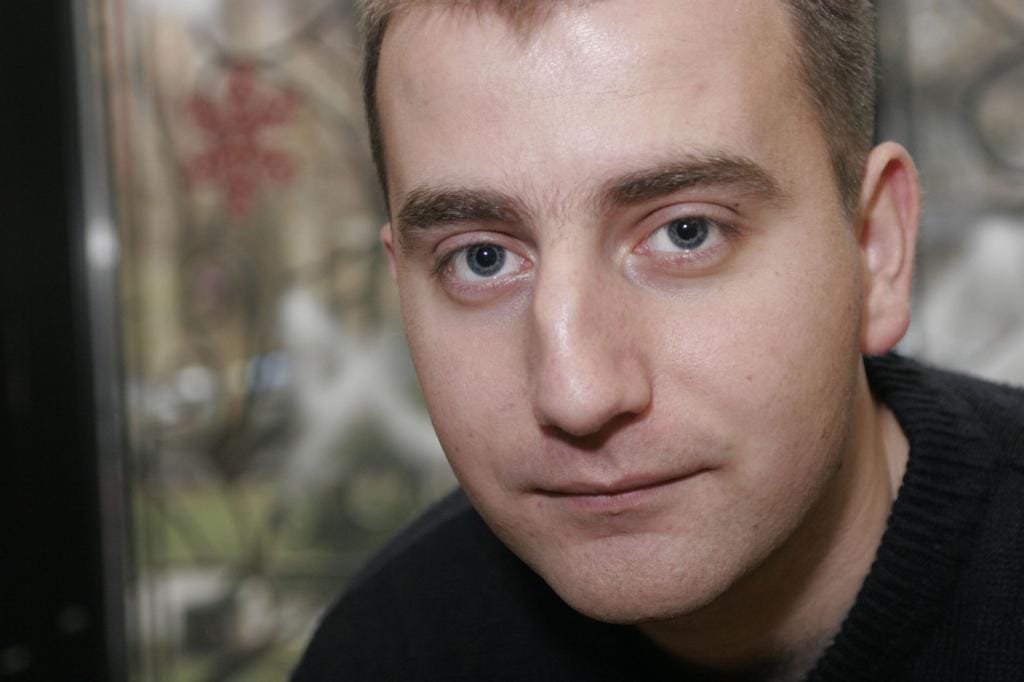
Semir Mujkić, president of the youth NGO Bunt Perom, said young people could not approach the commission for help.
‘It’s not that they’re working too little so we could be dissatisfied; they’re doing nothing’ he said.
CIN reporters tried without success for a month to get in touch with the commission and its members, emailing freedom of information requests on the funding for the commission’s projects. Dženana Ibišević, a member of the commission, said that she faced difficulties, too, when she tried to get information about her own commission from the BiH Ministry of Civil Affairs.
The phone listed on the commission’s web page was not answered and messages were not returned. The reason, said Nedim Sinanović, was that the woman in charge has been ill. Sinanović is a senior advisor for the German Organization for Technical Cooperation (GTZ), which sponsors and provided technical assistance to commission projects.
A Way to Show Concern for Youth
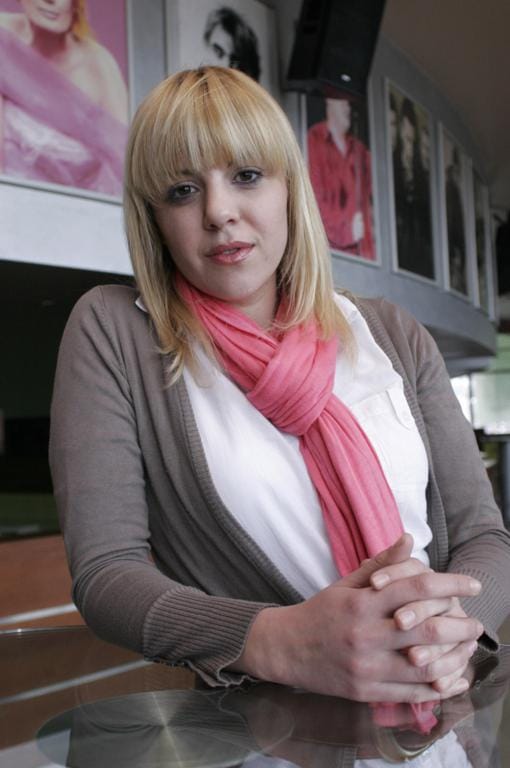
Aside from its inaccessibility, Siniša Marčić, a former activist of the youth advocacy group Center for Information Decontamination of Youth from Banja Luka, said, ‘One cannot make heads or tails’ of the commission. Marčić said the commission was set up as a way for politicians to show they care about youth, but that they then fail to follow up and give young people a say in decision making.
Sinanović and Ibiševićev acknowledged that the state authorities have never used the white paper on youth employment. FBiH government has not responded for three years to the initiative of the Commission for the Passing of the Youth Act in FBiH, while the BiH Council of Ministers turned down the idea of setting up a youth endowment fund in BiH. However, they said that foreign organizations such as the United Nations Development Program (UNDP), GTZ, and the World Bank have shown respect for the work that the commission had done – unlike the local authorities – and would show that eventually by providing funding.
Sinanović’s GTZ, the commission’s biggest international benefactor, defends it. Sinanović said the commission should receive credit for its white papers, which include one on youth employment, one on the issues of youth in the FBiH, and one on young people and the EU.
‘We have given support to those white papers in the form of technical, financial and material sense and expertise’ said Sinanović.
According to him, commission members have played a big part in the development of the Case Study on the Position of Youth and the Position of the Youth Sector in BiH, which was released to the public in May 2008.
The job of the commission is to coordinate efforts, Sinanović said. ‘They came to work meetings, checked the drafts, read them’ he said.


